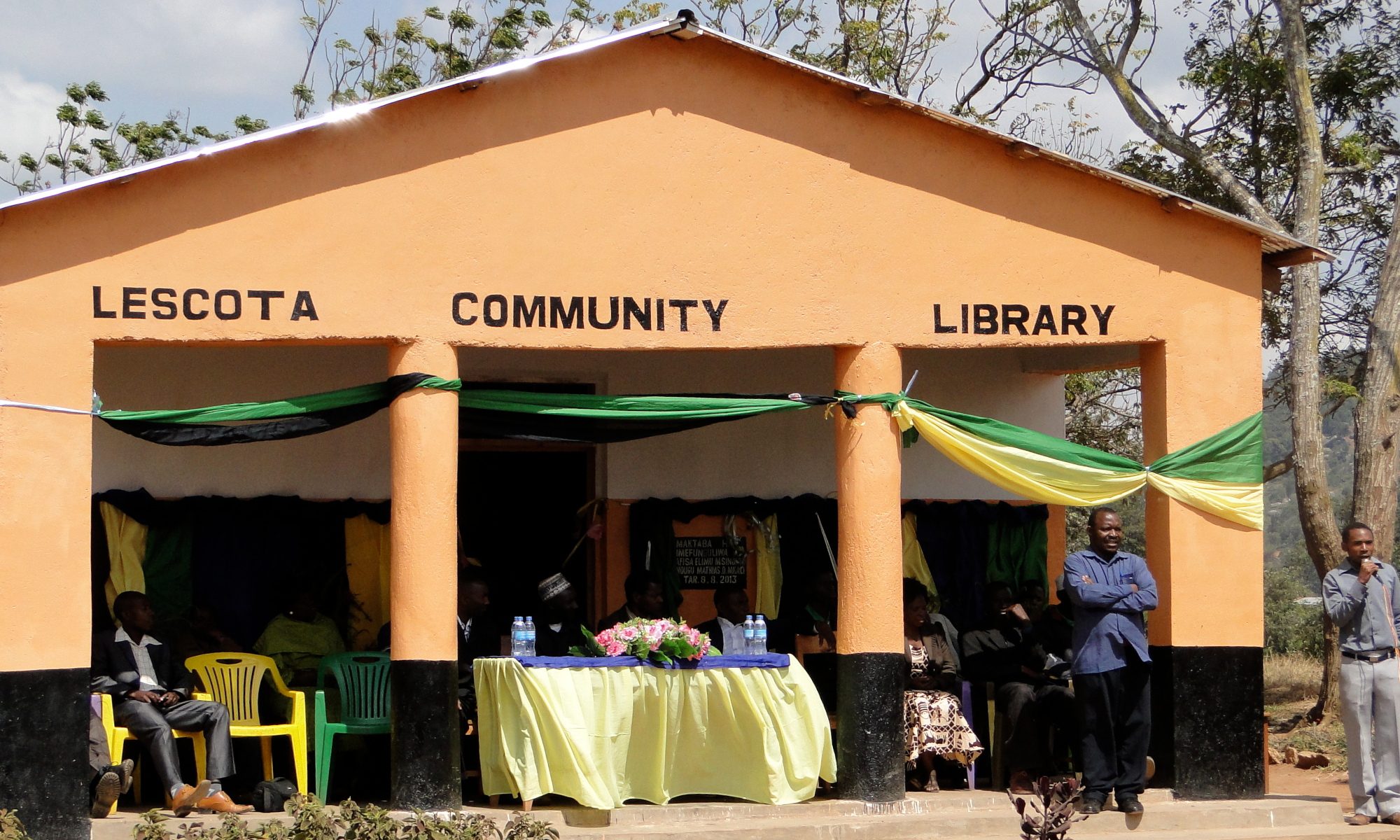Tanzania’s Educational Revolution Needs Investment
An article describing some of the unintended effects of the rapid growth in primary school enrollment that followed the abolition of school fees, including higher student to teacher ratios, overcrowded classrooms, and shortages of books. While the article states that the current teacher to pupil ratio is 1:51, I’d be interested in seeing how the ratio would break down if Standards 1 and 2 were separated from the others. There are teachers who are certified only for teaching these lower standards, but I’ve seen cases where they compose the majority of the teaching staff and, due to the lack of better qualified teachers, end up teaching the older students as well.
The full article is available on the Guardian’s website.

